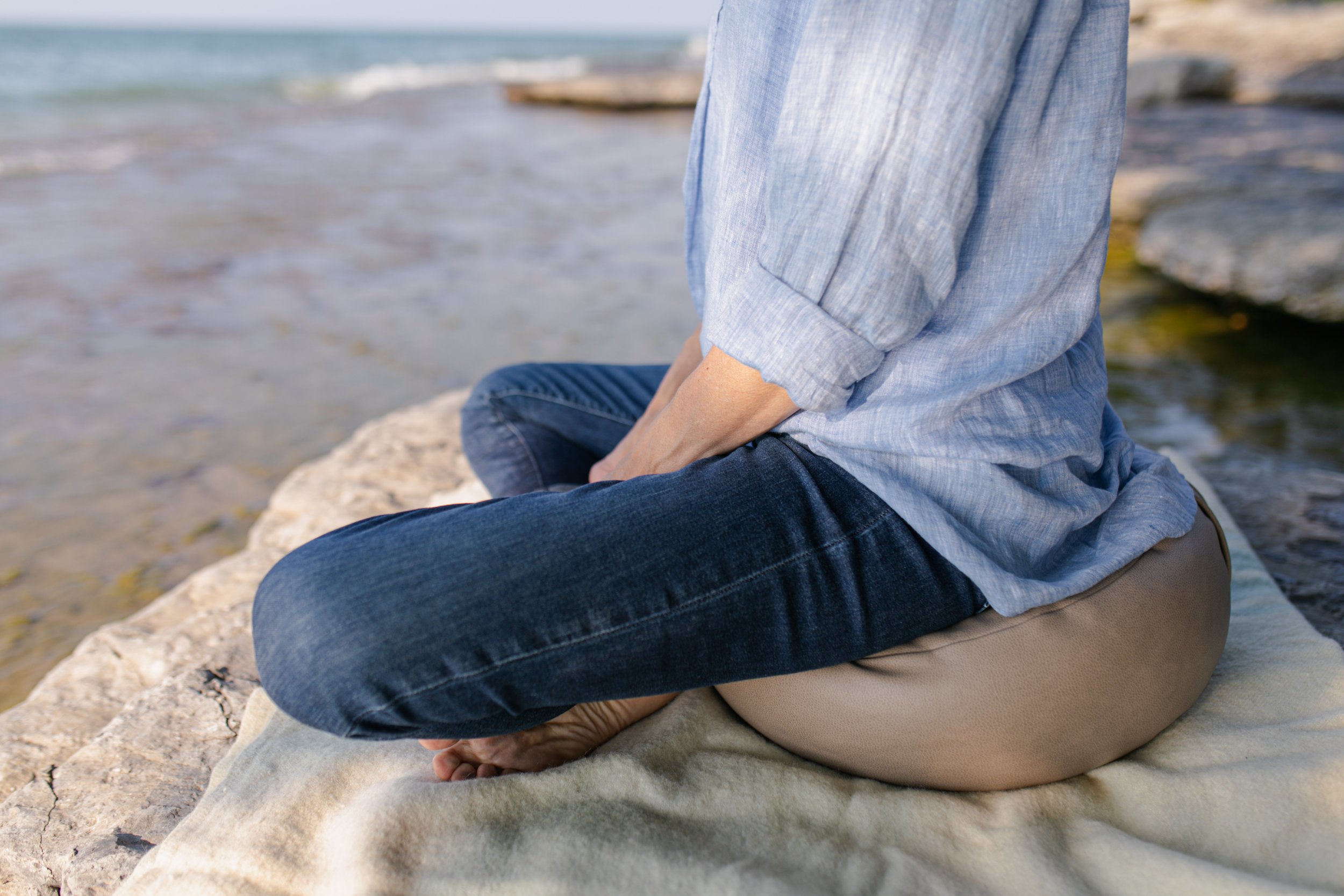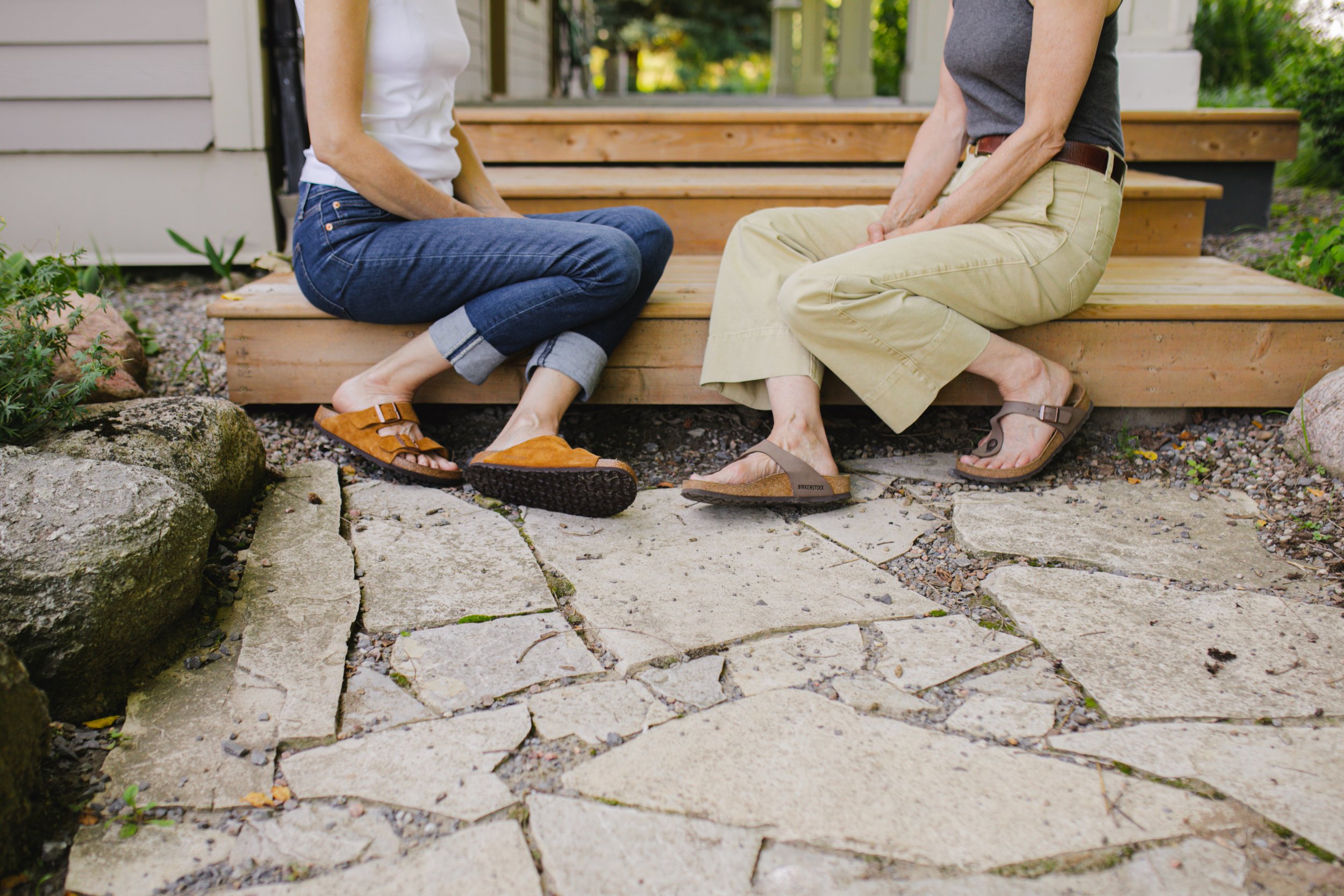
What is Mindfulness?
There are many ways to define and use the word mindfulness.
For me, mindfulness is about saying Yes to knowing and understanding, as best I can, the nuts and bolts by which the machine of my being operates. It is a commitment to learning the languages of my body, heart and mind - including the ways in which I yearn to be in relationship with the world around me. Or the ways in which I choose to turn away.
Sometimes mindfulness is about taking things apart. At other times it is about shoring and building upon existing resources to enhance functioning.
The big picture goal is to understand how this thing I think of as ‘me’ or ‘i’ works such that my behaviour is aligned with what feels like the truest expression of me and how I want to live my life.
In this regard mindfulness is so much more than a skillset. It is a wholistic and generative way of being by which my everyday life has the potential to invoke radical transformation.
Is mindfulness reminiscent of IFS (Internal Family Systems) parts work? Yes. Is there a connection between mindfulness and attachment? For sure. Can mindfulness be part of Cognitive Behavioural Therapy (CBT), Dialectical Behaviour Therapy (DBT) or Acceptance and Commitment Therapy? Absolutely.
Can mindfulness help me be clear about boundaries as I navigate burn out and try to figure out work life balance? Yes. Is mindfulness an embodied practice? Definitely. Could it help with loneliness? Yes. Can mindfulness nurture spontaneity and playfulness? Mmm, yes, mindfulness can be very fun!
Mindfulness is about learning to listen deeply. To look closely. And feel held by life’s unfolding.
Being a meditator is not about being cool or aloof, harsh, demanding or unattached.
It is about taking responsibility for who I am and for my impact on others.
It is about practising the skillful yoking of self discipline with self compassion.
It can nurture a wholistic point of view that inherently supports diversity.
It is about pointing towards a way of being that is authentic, wholesome, fulsome, energetic, spontaneous, playful, reverent, humble, present, kind, loving and honest.
In some ways, mindfulness is about seeing the world and myself in the world, through the eyes of a child - with openness, curiosity, sensitivity, enthusiasm, empathy and reverence. What makes it not childish or selfish is that as an adult I have the capacity to maintain a rational perspective on my emotional experience and to work with that experience in a way that suits my big picture goals. What makes mindfulness a practice is that I am ever changing and grossly imperfect - and always will be.
From this perspective, anything that is typically labelled as not normal or unpleasant, or even unhealthy, becomes part of a uniquely unfolding story rather than something to fear or reject, regret or punish.

Mindfulness is about re-membering. Remembering that I inhabit a constantly changing body and family. Remembering that I live and breathe within communities and cultures, geographies and ecologies filled with unknowing and uncertainty, tragedy and joy.
Realising I can grow in my capacity to navigate what life brings has been one of the greatest gifts of adulthood.
For speaking and podcast inquiries related to the intersection of mindfulness, personal growth, spirituality and health, you can contact Kara here:
I can feel driven to thinking I need to understand and know how everything works. Like a three or four-year-old child constantly asking: how and WHY?
As a parent I try to respond with, “Yes, I wonder about that too. I appreciate your curiosity and want to hear more.”
Even when there is an available explanation, I will resist giving answers to every question. My role is not to be building a human encyclopedia but rather to support my child’s tendency toward deep inquiry. I know it is their capacity for wonder and awe that will get them through tough times.
A big part of what I am doing as a student of mindfulness is nurturing my willingness to sit with big questions. Nurturing my capacity to be in situations where things don’t make sense or seem fair. Where patience is of greater value than knowing. I am building my capacity to feel at ease (or at least not be completely rattled) with that which is unknown.
Life is complex and my clients do not wish for it to be otherwise. This doesn’t mean I invite or look for trouble. But it does mean that I do my best to acknowledge and accept that being an adult means doing the work, as best I can, of being ready for what life might bring.
Practicing mindfulness within the context of psychotherapy will be different for everyone.
Typically, there is a focus on skillfully deconstructing sensory experience - the sounds, images and feelings (physical and emotional) that make up the day-to-day of my life and that when not broken down into manageable or digestible parts can be overwhelming.
At the same time, I will generally also be putting some of my attention toward building capacity for appreciating the fullness of life, both the easy and challenging parts, with wonder, grace and awe. This will involve techniques and strategies that support recognizing my inherent beauty, intelligence and wisdom.



